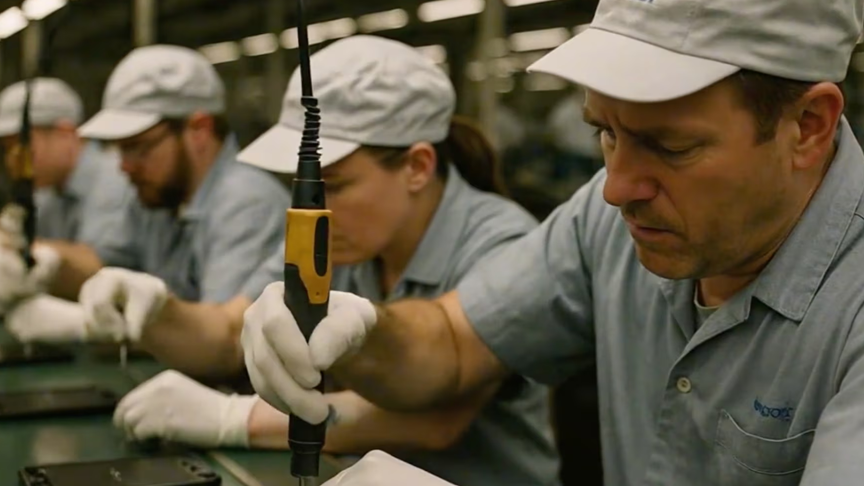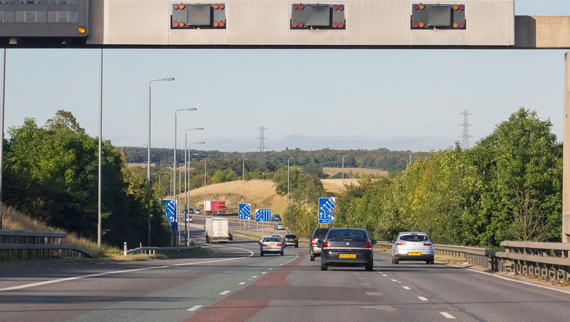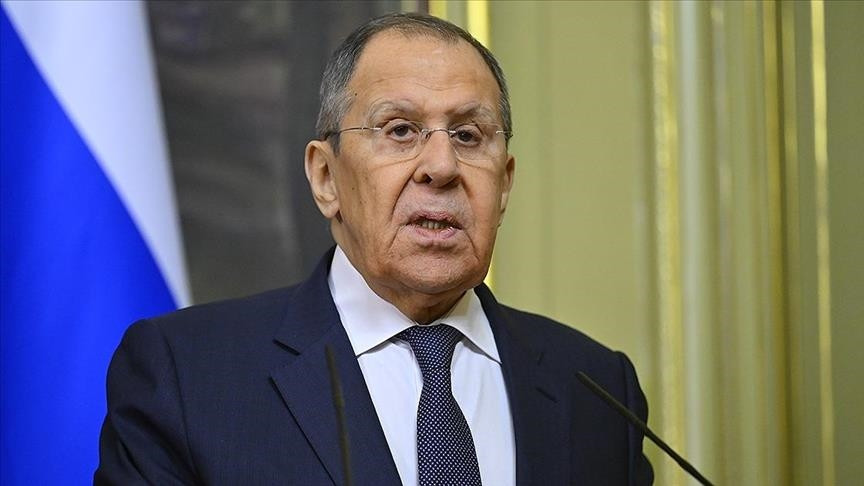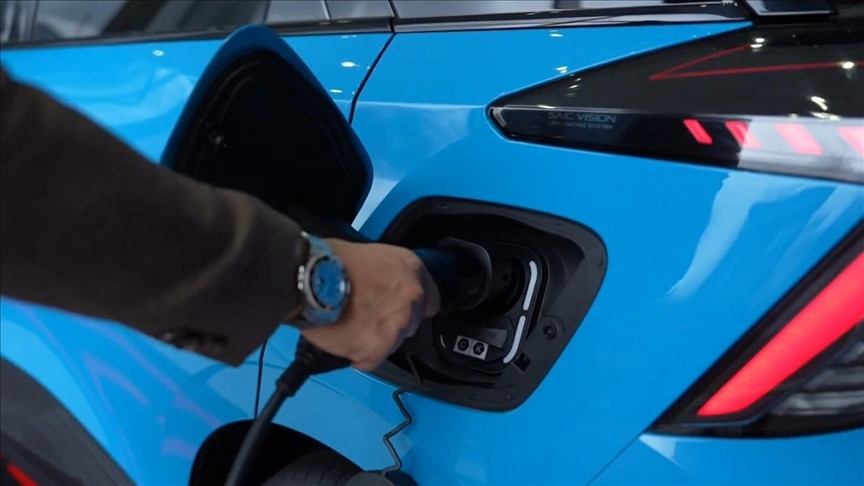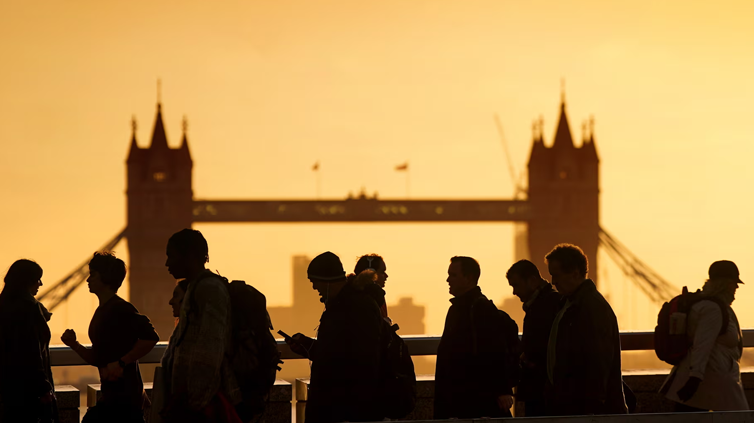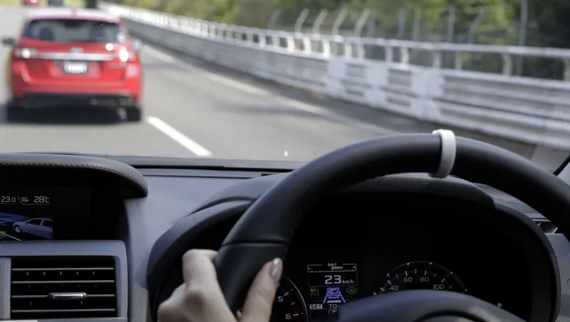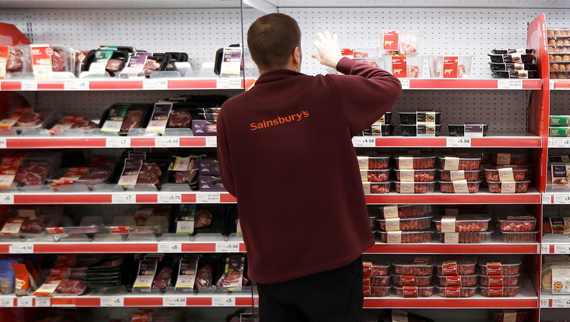$2,150 for an iPhone? Trump tariffs are ‘category 5 price storm’
$2,150 for an iPhone? Trump tariffs are ‘category 5 price storm’
US is not set up to supply mobile phones and would cost estimated $30bn to move just 10% of chain from China
US is not set up to supply mobile phones and would cost estimated $30bn to move just 10% of chain from China
The AI-generated video of tired-looking Americans making mobile phones, which circulated widely on social media this week, was a pointed vision of a post-tariff world. But Donald Trump wants it to become reality for Apple.
The iPhone maker is one of the biggest victims of the US president’s realignment of the global trading order because its flagship product is assembled in the epicentre of Trump’s protectionist ire – China.
“The iPhone is a quintessential representative of a global supply chain,” says Fraser Johnson, a professor at Ivey Business School in Canada and an Apple supply chain expert.
More than 1,000 components from all over the world go into an iPhone but they are largely put together in China. Apple is secretive about its production details but analysts estimate that about 90% of its iPhones are assembled in the country.
This is deeply problematic for the California-based firm because Trump has imposed “reciprocal” tariffs – a tax on imports – of 125% on goods imported into the US from China. On Thursday it became clear a separate 20% fentanyl-linked border tax would be levied on top of this, taking the total burden to 145%. Apple faces paying a hefty sum on any iPhone brought into the US, which is likely to be passed on to consumers in the form of higher prices.
Investors in one of America’s golden stocks have panicked at the prospect of its sales suffering as a consequence. Although shares in Apple have recovered some of their losses since Trump’s “liberation day” announcement on 2 April, the company had still lost more than $300bn in value as of the close of trading on Wednesday.
In an example of potential price increases, analysts at investment bank UBS have warned that the price of an iPhone 16 Pro Max (with 256GB of storage) could rise by 79% from $1,199 (£915) to about $2,150 (£1,600), based on a total tariff of 145%.

Dan Ives, analyst at US financial firm Wedbush Securities, who has described the Chinese tariffs as a “category 5 price storm for the US consumer”, has warned that the cost of entirely moving iPhone production to Apple’s home country would be prohibitive for the company – and customers.
“The reality is it would take three years and $30bn in our estimation to move even 10% of its supply chain from Asia to the US with major disruption in the process,” Ives wrote in a note to investors this week. “For US consumers the reality of a $1,000 iPhone being one of the best made consumer products on the planet would disappear.”
He added that if the phones were solely US-made then the cost would more than treble. “If consumers want a $3,500 iPhone we should make them in New Jersey or Texas or another state.”
While the tariffs apply to US imports, some analysts warned that iPhone and other Apple product prices could go up elsewhere in response. Wamsi Mohan, analyst at Bank of America, said he expected any rises to be across the board geographically and not limited to the iPhone’s largest market, in case prices get out of sync.
“While Apple has not commented on this, we expect prices will be changed globally to prevent arbitrage,” he said.
Alternatively Dipanjan Chatterjee, vice president at Forrester Research, said Apple could make other markets bear the cost. “If there is a cost impact in the US for certain products, but the market is far more competitive there, the company may choose to keep prices flat in the US while recovering the lost margin elsewhere in its global portfolio,” he said.
It is not just iPhones that could rise in price. More than 5o% of Apple’s Mac products and 80% of its iPads are assembled in China, according to US investment bank Evercore. Apple watches are largely put together in Vietnam, which must pay a 10% tariff under Trump’s 90-day pause, rising to 46% afterward if the president reverts to his “liberation day” rate.
The TikTok post showing American workers making mobile handsets – to a soundtrack of Chinese music – is unlikely to be copied by Apple, according to Prof Johnson. The vast majority of Apple iPhones are assembled in China by manufacturing contractors like Foxconn, a Taiwanese firm.
“The US economy is not set up to be able to assemble mobile phones. They don’t have the facilities or the flexible labour,” he said. “To train 200,000-300,000 people to come in and assemble iPhones is simply not practical.”
The White House expressed confidence this week that Apple would move iPhone manufacturing to the US, pointing to the company’s announcement this year of a $500bn investment in the country. However that pledge covered commitments such as building servers for its artificial intelligence products, Apple TV productions and 20,000 new jobs in research and development – not a promise to make the iPhone stateside.
Yorumunuz başarıyla alındı, inceleme ardından en kısa sürede yayına alınacaktır.


